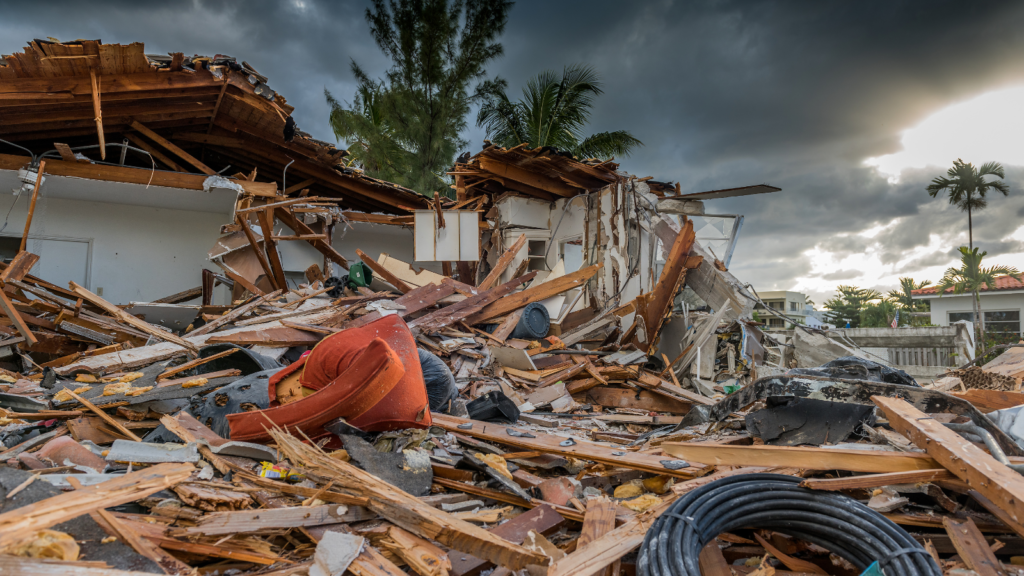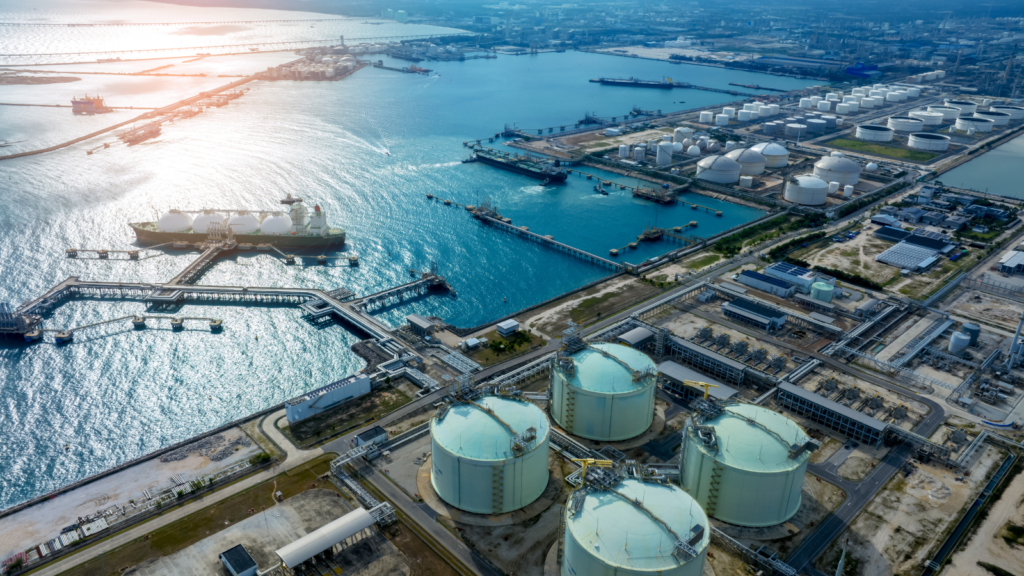After record-breaking temperatures between May and August 2023 followed by unusually excessive heat in October, you can understand why climate action should be a top priority for leaders throughout the Caribbean. Yet, the irony behind our climate change response is that as much as we can acknowledge (and feel) the effects of our warming climate, our collective actions are lagging.
At the end of September, regional leaders gathered in Grenada for the second Caribbean Small Island Developing States (SIDS) High-Level Dialogue on Climate Change.
In October, the case of the Prime Minister and his casual clothes overshadowed critical talking points of the Canada-Caricom Summit, particularly the part where PM Keith Rowley had to function as the spokesperson for the Caribbean by urging Canadian Prime Minister Justin Trudeau to help the Caribbean nations with matters of security, conflict in Haiti and climate change.
COP28, which begins later this month and lasts two weeks, from November 30 to December 12, will present a much bigger platform for the Caribbean to once again highlight and work towards the obvious: implementing a realistic climate action plan.
Unlike the previous COP meetings, COP28 carries particular significance primarily because it marks the first Global Stocktake. In 2015, when nearly 200 countries agreed under the 2015 Paris Agreement to limit global warming, those countries agreed to check their progress in 2023. It is expected that this assessment of the Global Stocktake will guide countries to set new, more ambitious climate policies.

Another major talking point at COP28 will be how to implement the historic loss-and-damage fund arrangements made at COP27. This forms part of an overall emphasis on climate financing and involves the creation of transitional committees responsible for providing policy recommendations to governments that address climate change mitigation and adaptation strategies drawn from public, private and global financing.
It was only last year that Barbados Prime Minister Mia Mottley went viral for her impassioned speech at COP27. One of the major outcomes at the time was the proposed loss-and-damage fund. This fund would be centred around communities, such as those in the Caribbean, that contribute the least to climate crises yet are the most vulnerable to its impact.
To ensure policymakers are on the same page, the use of precise language is crucial. Another major goal of COP28 is therefore to arrive at a consensus on descriptions of fossil fuel and renewable energy language. Here’s where it gets complicated for us in T&T.
One possible source of revenue proposed for the loss-and-damage fund is through the taxing of fossil fuel and other carbon-intensive industries. In an attempt to soften the impact of methane emissions on the environment, Liquefied Natural Gas (LNG), T&T’s major export, is often referred to as “fossil gas”.
Even as T&T occupies the position of being a vulnerable island to climate change, our sustained emphasis on LNG production, which is composed almost entirely of methane, places us in a proverbial catch-22. Beyond the concerns raised by The University of the West Indies economist Dr Vaalmikki Arjoon involving the plans by the Government to restructure Atlantic LNG, questions still remain about how viable the restructuring process will turn out to be.

According to Worldometer statistics, T&T is currently ranked fourth globally in terms of carbon dioxide (CO2) emissions per capita. The good news is that our CO2 emissions have been trending downward since 2014. But, CO2 emissions are only one type of greenhouse gas (GHG) emission. Methane emissions, which leak into the atmosphere throughout the LNG production and supply chain, are a separate and potentially worse issue. Methane is the second most important GHG, which has more than 80 times the warming potency of CO2.
Since 2018, our methane emissions have steadily increased. What is more worrying is that as of 2020, fugitive methane emissions totalled 5.42 million tons. Fugitive methane emissions occur during the production to distribution stages.
In light of the increasing turn toward LNG production, marked by the fact that T&T is the second largest LNG exporter in the Americas, we should expect a climate policy plan that takes into account mitigation strategies for methane emissions. However, the 2015 action plan for the mitigation of GHG emissions only explicitly addresses carbon emissions.

Given the intended Nationally Determined Contribution (INDC) proposed by T&T which attempts a 15% reduction in overall GHG emissions, CO2, methane, and nitrous oxide, our National Climate Change Policy will have to be considerably revised. This is because the estimated cost of meeting this objective by 2030 is US$2 billion, which is contingent partly on domestic funding and on international financing through the Green Climate Fund. Key details of exactly how much can be administered through the Green Climate Fund are notably excluded from the INDC.
Therefore, climate financing is a top priority among the many major themes to be covered during COP28. Richer nations must be held accountable for the extreme impacts of climate disasters exacerbated by loss and damage in vulnerable countries of the world.
As much as we occupy the position of being one of those vulnerable countries, we also need to be accountable for the damage we do to the environment through LNG production. COP28 will provide an important yardstick for measuring how far we still need to go when it comes to climate action.
This story was originally published by the Trinidad and Tobago Express, with the support of Climate Tracker’s COP8 Climate Justice Reporting Fellowship.